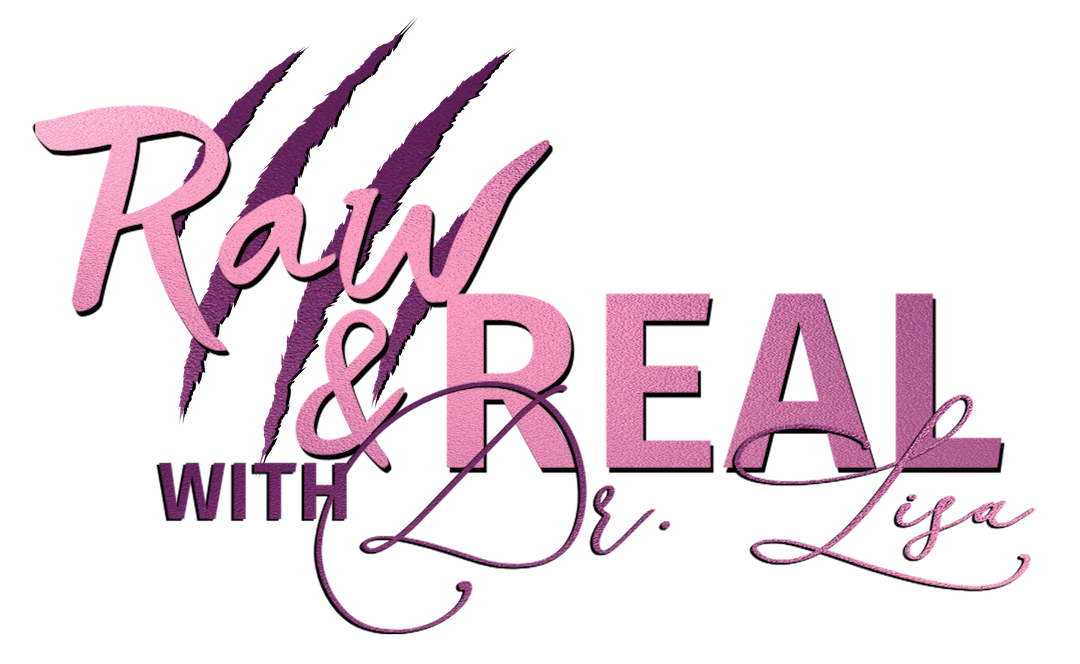The Emotions Of Abuse: Part 3: SADNESS

There are two types of sadness. First, there is the ‘normal’ grief that we feel when someone dies. We cry and we grieve them, and in doing so we move through the grief.
When we are abused, we experience a similar grief. There is the grief that someone we deemed ‘trustworthy’ did something that was painful. The person we loved and thought we knew ‘died’ and this breach of trust and ‘death’ evokes grief.
There is also the grief that the act(s) occurred, that we were forced or remained silent, and that we held and hid the abuse in our bodies for so long. This is the type of sadness that is helpful and essential to express so we can release it from our bodies. It contributes to the eradication and elimination of abuse.
The second type of sadness is what I call the, “Poor Me Syndrome.” This is the sadness that stems from believing in our disempowerment. “Poor me that this happened to me. Poor me that this always happens to me. Poor me that they didn’t believe me. Poor me that I can’t get over this.” The Poor Me Syndrome uses sadness as an escape, a justification to not move on.
Ingrained in this second type of sadness is the belief that the abuse shouldn’t have happened to us. We feel like victims, cheated by life. When we view our experience through this lens we rob ourselves of our own potency. Rather than choosing to use this experience of abuse to transform and discover more of our strongness, we stay locked in the wrongness of it.
The challenge is that the second type of sadness is more socially acceptable and socially affirmed than ‘normal’ grief. Society views people who have experienced abuse as ‘victims’ and ‘damaged.’ These beliefs perpetuate sadness as ‘appropriate’ and keep you riding the emotional roller coaster. Sadness becomes the greatest excuse not to change. It acts like quicksand: it keeps you sliding back into the invisible cage of abuse and unable to move forward.
How do you know if you’re experiencing grief or ‘Poor Me’?
Here are six questions to help you discern the different types of sadness in your own body and experience.
1. Have you allowed yourself to grieve the breach of trust with your abuser(s) (if they were someone you knew)?
2. How often – when you thought you were grieving – have you been caught up in the ‘Poor Me Syndrome’? (See if you can acknowledge this without judgment.)
Are there certain memories or current experiences that trigger the grief? Or that trigger the ‘Poor Me’?
How does grief feel in your body? How does ‘Poor Me’ feel in your body? Are you able to notice a difference?
What are the thoughts that you experience when you grieve? What about when you go into ‘Poor Me’? Is there a difference?
Who would you be without the ‘Poor Me’ story?
The more aware you become of when you’re going into ‘Poor Me,’ versus experiencing ‘normal’ grief, the more empowered you will become. The quicksand of Poor Me sadness won’t be able to limit you in the same way anymore. And the more you are able to recognize ‘normal’ grief and let it flow, the more you can release the hold of the past abuse from your body.
Season Two Is Here!

Raw & Real with Dr. Lisa
Stay connected with news and updates!
Join our mailing list to receive the latest news and updates from our team.
Don't worry, your information will not be shared.
We hate SPAM. We will never sell your information, for any reason.









